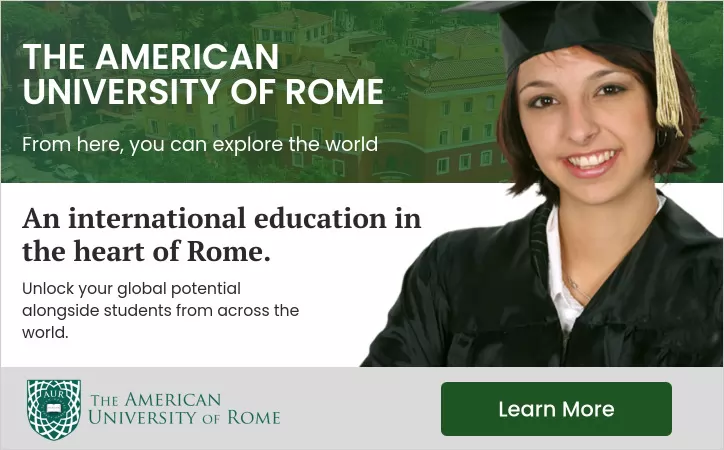Pontiff touched on several themes close to his papacy. Here are some of the main points.
Pope Francis was a guest of the Italian television talk show Che tempo che fa on Sunday night, discussing a wide range of themes, including war, migrants and the environment, in an hour-long interview.
The pontiff connected live with the popular TV programme on state broadcaster RAI via a satellite link from his Casa S. Marta home in the Vatican, with a peak of 8.7 million people tuning in to watch.
The interview has received broadly positive coverage in Italian media but was criticised by some commentators on social media, including members of the foreign press, for not asking tough questions in relation to issues such as clerical child abuse or mismanagement of Vatican funds.
In response to the show's host Fabio Fazio who asked whether there is anyone who "does not deserve God’s forgiveness and mercy or the forgiveness of men”, Francis warned that his answer might “shock some people” before saying: “To be forgiven is a human right.”
When asked about war, the pope said: "If we were to stop making weapons for one year, we could feed and educate the whole world", adding: "To make war is to destroy."
In relation to migrants, a theme close to his papacy, Francis did not mince his words, describing the Mediterranean as "the largest cemetery in Europe" and denouncing the “concentration camps” in Libya.
"The migrant must always be welcomed and integrated", said the pontiff, stressing that each EU country "must say how many migrants it can welcome" before stressing that currently migrants "come to Spain and Italy, the two closest countries, and are not received elsewhere."
Pope Francis also addressed the environment, saying that problems such as climate change, deforestation in the Amazon and the "criminal" plastic pollution in the sea risk “killing Mother Earth.”
The pope underlined the deep divisions between developed and underdeveloped countries, with the "very bad temptation to look the other way" from suffering instead of looking at the needs of others.
Warning against the "culture of indifference", he stressed: “It is not enough to see, it is necessary to feel, it is necessary to touch.”
The pope identified the problem of "social aggression" and bullying among young people who sometimes suffer “an incredible sense of loneliness", and underlined the importance of parents spending time with their children.
Addressing more personal matters, the Argentine pope said that as a young boy he thought of becoming a butcher, and that he enjoys listening to classical music and tango.
Asked if he had danced the tango as a young man in Buenos Aires, the pontiff responded: "A porteño who does not dance the tango is not a porteño!"
When Fazio asked him if he ever felt lonely and if he has "real friends", Francis said he has "a few, true friends" and that he needs "human relationships".
The pontiff said this was one of the reasons he chose to live in the S. Maria residence instead of the papal apartments, adding: "The popes who were there before were saints, but me not so much, I’m not that much of a saint."
Pope Francis concluded his interview by saying: "Pray for me, I need it, and if any of you don't pray, at least send me positive thoughts."


















